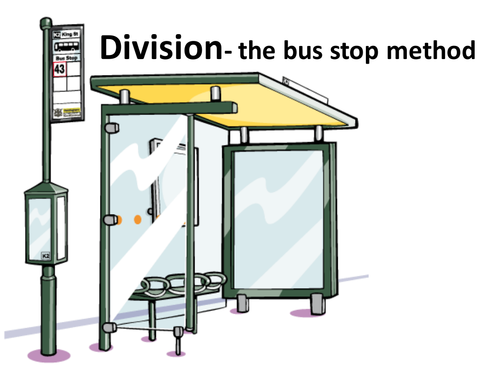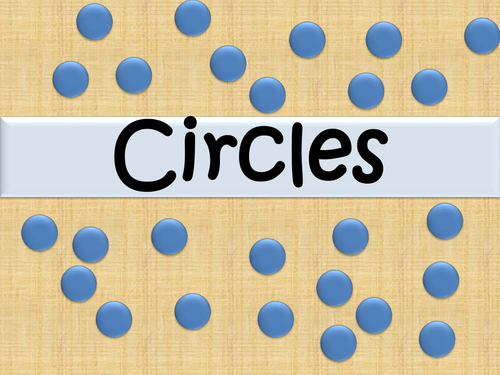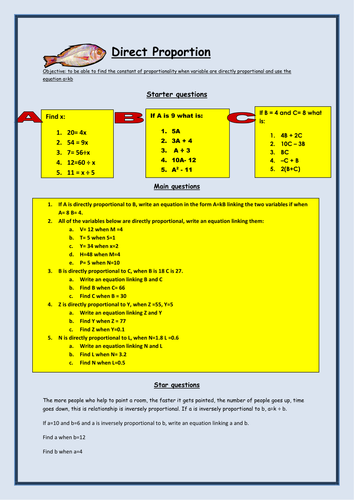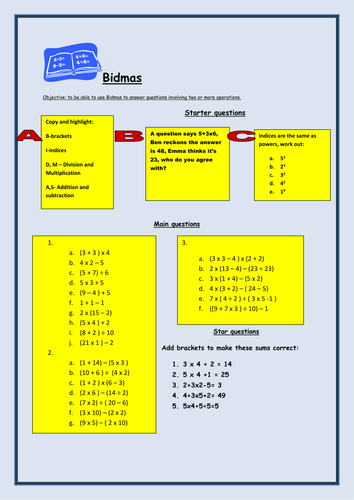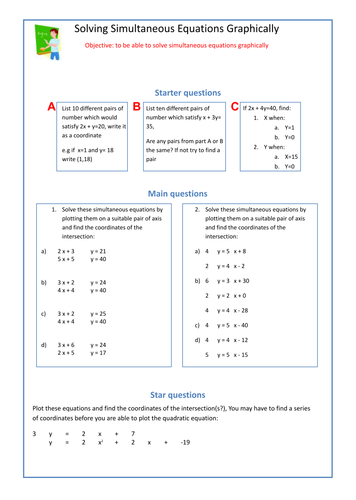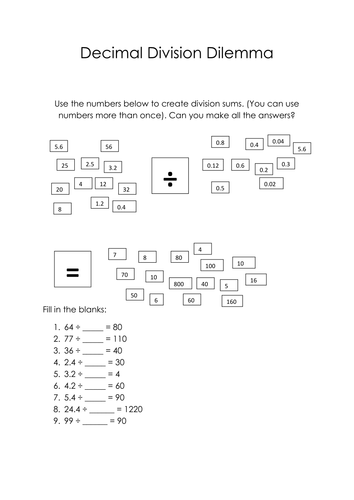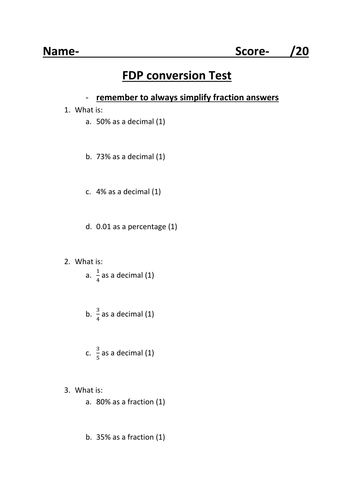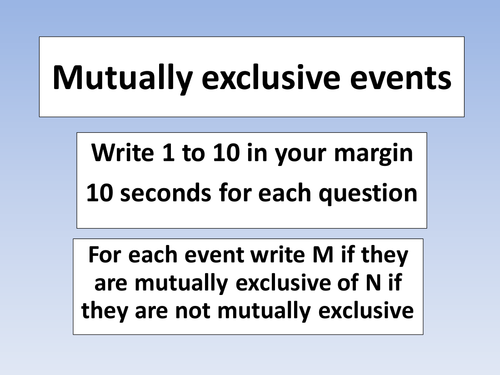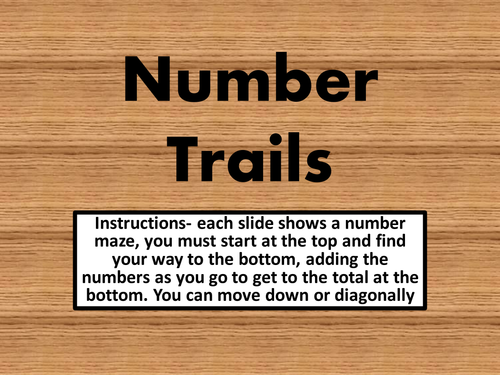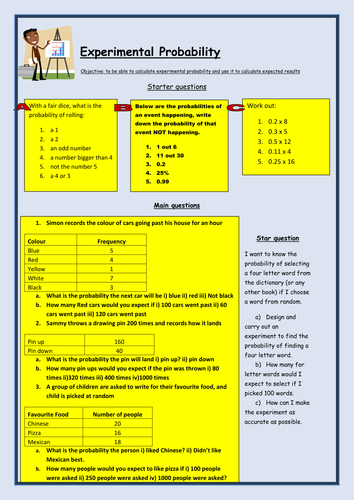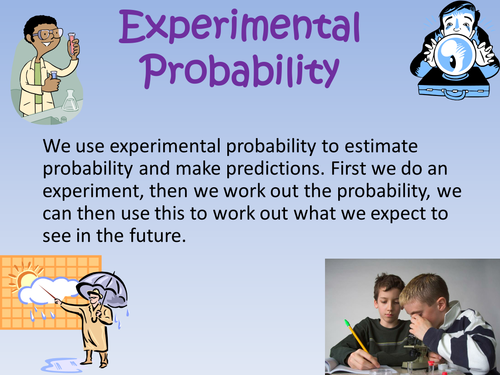
623Uploads
5485k+Views
2900k+Downloads
Mathematics

The Bus Stop method powerpoint
A powerpoint showing the bus stop method for division. Ideal for KS2 and KS3 students.

Maths Finding the gradient powerpoint
A powerpoint going through how to find the gradient between 2 points with some examples and questions and answers at the end. Shows the difference between positive and negative and large and small gradients.

Perimeter of Sector worksheet
A simple worksheet for finding the perimeter of a sector, with a starter and extention

GCSE Maths: Circles Powerpoint (20 lessons)
Here is a collection of circles powerpoints, not just questions but examples and instruction. Includes answers. Covers what is pi, area and circumference, sectors, segments, perimeters, compound shapes, volume of cylinders, cones and spheres, equation of a circle, simultaneous equations, circle theories, pretty much all circle stuff i could think off. Includes a bit of rounding practise.
Please let me know what you think or inbox me if you find a mistake, be nice, I'd love to make it better and make the next one better than this.

GCSE Maths: Direct Proportion Worksheet
A worksheet with starter main and plenary, about direct proportion, finding constant of proportionality and writing equations linking variables.

GCSE Maths: BIDMAS / BODMAS worksheet
A simple worksheet with starter / main and extension on order of operations.

GCSE Maths Algebra Worksheets
Here's a bunch of worksheets I&'ve made on algebra, there&';s stuff like substituting, multiplying brackets, y=mx+c, gradients, solving equations, collecting like term, writing expressions. They've all got a starter, main and extention exercise.
Hope you find them useful.

GCSE Maths worksheet- finding coordinates.
A simple worksheet about using y=mx+c to find coordinates and test to see whether a coordinate is on a line or not, will be using it with a low ability GCSE group.

Decimal Division activity
A worskheet where students have to pick from a selection of numbers to try to create a division question which will give one of the answers at the bottom of the page.

FDP conversion checklist
A series of questions on converting between FDP, so students can make sure they can do all the various conversions they may be asked to do.

Fraction, decimal percentage conversion test
A short end of topic test where students have to convert between fractions, decimals and percentages. Used originaly with a low ability year 11, but could be good for lower down.

Maths KS3: Collecting like terms starter
10 multiple choice collecting like terms questions, correct answer goes green if you click, i've tried to get all the common wrong answers that i could think of into it. hope you find it useful

Mutually exclusive events quick test
Ten sets of events on a timer, students have to put an M if they are mutualy exclusive or N if they are not. Answers are at the end for self assessment. Nice and easy to use stick at the start or end of a powerpoint

5 harder number trials (4 ops)
Easy to use starter. 5 slides with 3 by 3 number grids. Students have to start at the top get to the number at the bottom using any of the 4 operations. Hints appear after a click. 3 puzzles on each grid.
Hope you find it useful

10 Number Trails Starters
A series of 3 by 3 grids where students have to find path from the top to the bottom, adding as they go, trying to reach the total at the bottom. Nice easy starter to use starter.

Maths KS3: Experimental Probability Worksheet
A worksheet for experimental probability with a starter main and extention, hope you find it useful

GSCE Maths: Experimental Probability Powerpoint
A simple experimental probability powerpoint, little starter with multiple choice questions on multiplying decimals, an example and then some questions. Little slide at the end for discussion on problems with a small sample size.
typing error sorted

Probability of event not happening - quizzes
Probability quiz. Event not happening. KS3 statistics. 2 little quizzes giving the probability of events and students have to say the probability of that event not happening. I use the multiple choice one at the start of the lesson so we can talk about it, then the timed quiz with answers at the end of the lesson as a plenary. Hope you find them useful

Find the mistake (factors/primes/multiples)
KS2 and KS3 Maths activity powerpoint. Suitable for a starter, plenary of quick assessment of number facts. 10 statements, some are true & some are false: students have to find the false ones.

Find the mistake (negative multiplication)
KS3 Maths activity powerpoint. Suitable for starter, plenary or quick assessment. Using the four operations - Multiplying negative numbers. 10 questions where some are done incorrectly, students have to try to spot the wrong ones, answers at the end with a link so you can go back to the questions to talk about what has gone wrong.

